Juan Lascano is the senior strategic operations officer for Profound Gentlemen, an organization building a nationwide community of male educators of color who provide a profound impact on boys of color.
Educating young people goes back three generations in Lascano’s family. His grandmother was a teacher, and his mother founded an innovative STEM program in Suffolk, Virginia. He often tagged along on her field trips – even viewing a live open-heart surgery at Johns Hopkins University.
Yet, it wasn’t until 9th grade that he saw someone who looked like him in front of his classroom. “Mr. Woodis, my band teacher,” Lascano remembers. “He understood where my talents were, both academic and extracurricular, and he opened opportunities for me.”
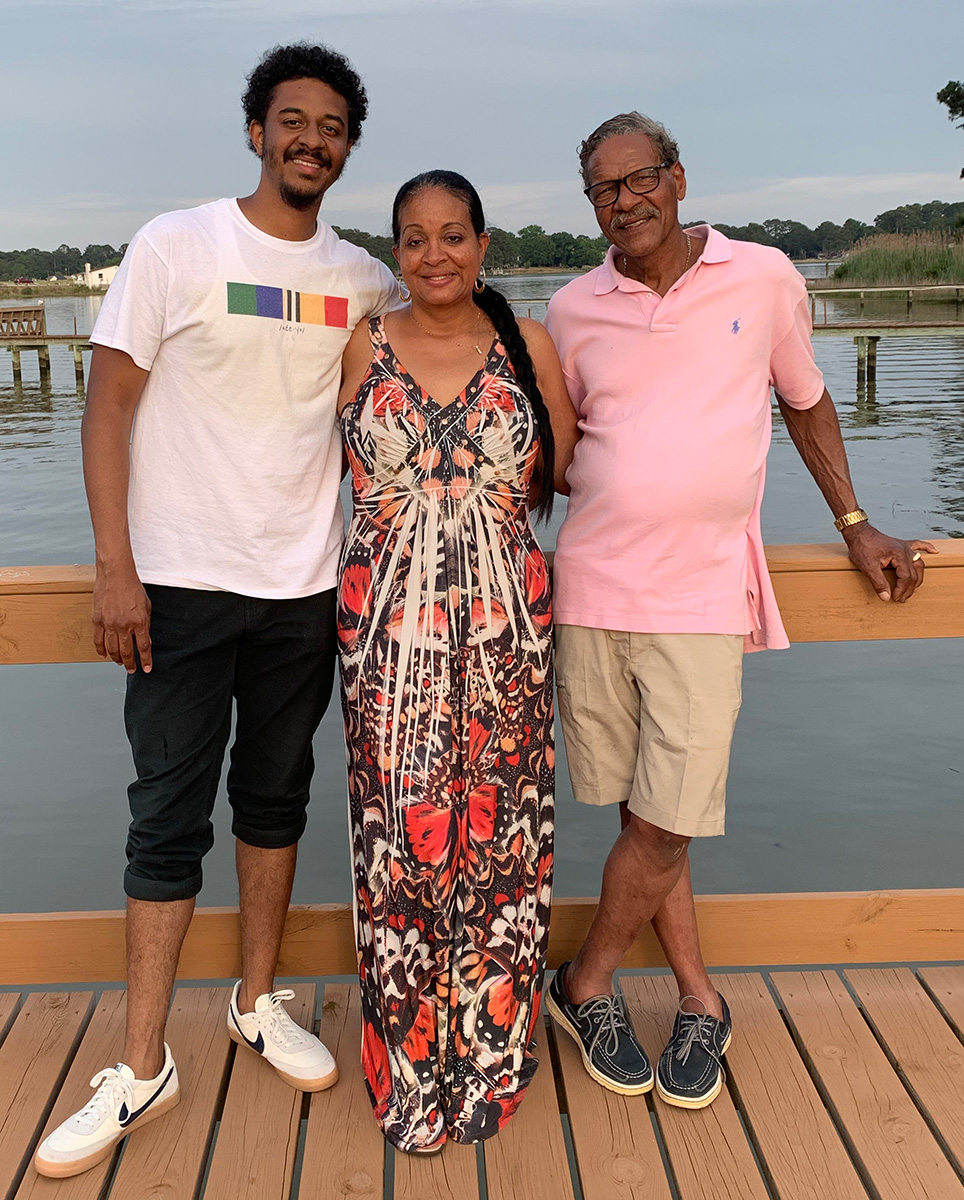
“The main thing I want everyone to know is what the statistics show: a child who has a male educator of color before kindergarten is five times more likely to graduate from high school – and that’s true of White children, as well as Black and Brown children.”
Juan Lascano, Profound Gentlemen
In 12th grade, a math teacher named Mr. Dildy also made an affirming impression. “I said, wow! I have a Black male educator who teaches AP Calculus. Before Mr. Dildy, I didn’t know that was a space I could see myself in. I realized I didn’t need to resort to what the media and society portray of me. He was an inspiration.”
Lascano says Mr. Dildy’s example, and his parents’ commitment to his education, made him want to become a doctor. But, ultimately, his heart was in building relationships with young people and so he studied to become a science teacher.
Founded in Charlotte, North Carolina by Jason Terrell and Mario Jovan Shaw, Profound Gentlemen is supported by WKKF grantee New Schools Venture Fund. Working at both the personal and systems level, they connect educators with peer mentors and professional development opportunities, while consulting with large school districts on how to create an atmosphere of belonging and advancement. Their goal is 90% retention of men of color in schools and 30% of gentlemen being promoted to school or district leadership.
In 2012, he moved to Charlotte, North Carolina with Teach for America, where he met Jason Terrell and Mario Jovan Shaw, also Black men beginning their teaching careers.
Seeing Each Other

“When we think of a teacher, why do we imagine a White woman in a pencil skirt? Why don’t we think of a Black man with locs?”
Jason Terrell, founder and former executive director, Profound Gentlemen
On his first day of teaching middle school English in Charlotte, Jason Terrell wanted to create a dynamic environment for all of his students. But, he knew his presence as a Black male educator was also game-changing.
Nationwide, only two percent of teachers in public schools are men of color.
Terrell strove to make reading an exciting endeavor. Sometimes he’d stand on the desk and act out the required texts or create gallery walks, posting excerpts of books on the walls for students to tour together.
“Over time, students started to run to my classroom, excited to learn. When we did have quiet reading time, I’d take out my own book and read at my desk,” he says, “I wanted the kids to see me being studious, as an academic, a philosopher.”
In turn, he knew his Black male students needed to be viewed in a new light – not as kids needing vigilant supervision, but as young people full of talent. He invested in relationship-building and saw many students go on to succeed, including a seventeen-year-old eighth grader he met during that first year.
“When other teachers saw him on my class roster, they wished me luck. He had learning deficiencies and a behavioral improvement plan.”
Terrell discovered the student loved basketball and they made a deal: for every week where he made progress on his behavioral plan, Terrell would take him out of a class to play one-on-one.
“I’m not a basketball player,” laughs Terrell, “so, let’s be honest, our time together was about me learning as much as I could about him while he beat me.”
The student’s trajectory changed. He went on to graduate from high school and was recruited to play basketball at a Division 1 university.
Continuity for Students, Belonging for Educators
Terrell knew, to be effective, conditions for children of color had to change district wide. “I started to wonder what would happen to my students when they moved on to high school and into classrooms that weren’t offering the same level of experience? Teachers of color needed to come together to create a continuity of experience across the district.”
Terrell and Shaw began holding meetups at local restaurants, which quickly grew to fifty educators and then evolved into Profound Gentlemen.
Lascano joined the networking sessions early on and became a Profound Gentlemen impact leader, mentoring 20-25 gentlemen each year.
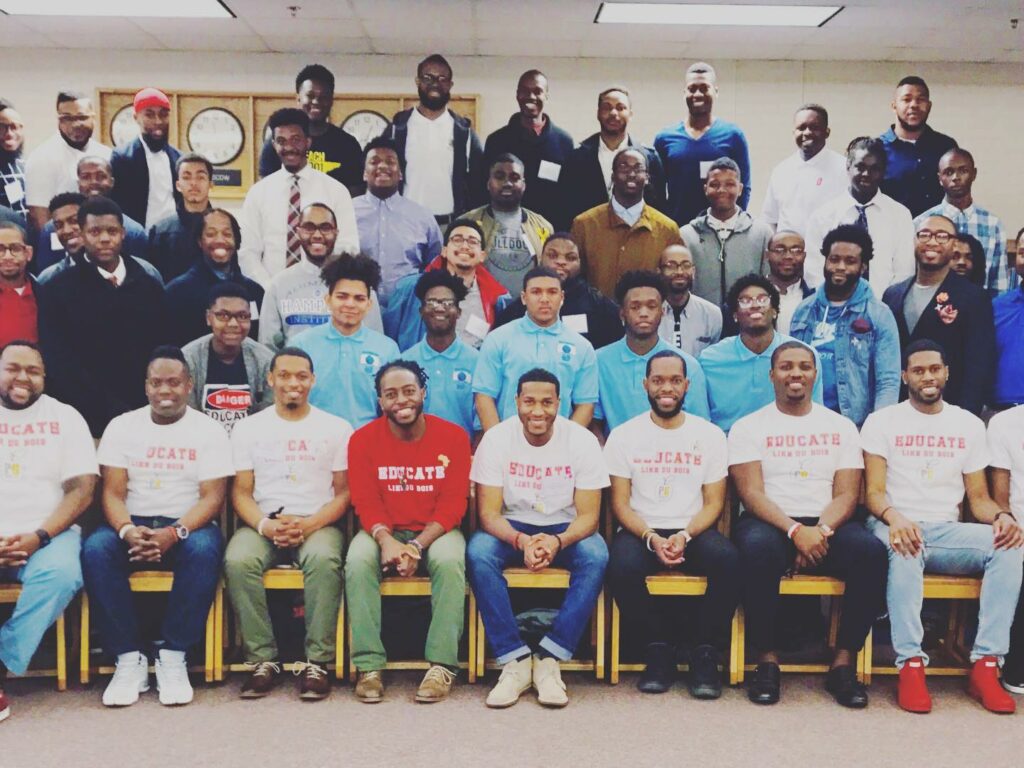
Citing teacher shortages, especially in the COVID-19 era, Lascano says,
“There’s a teacher crisis across the nation in all facets. But, there’s an even bigger, more dramatic crisis among Black male educators.”
“All teachers face challenges. Anyone who goes into that space wants to be there. So, when someone leaves the profession, there’s a reason.”
For Black men, those reasons often relate to isolation within their school buildings and lack of support to advance professionally.
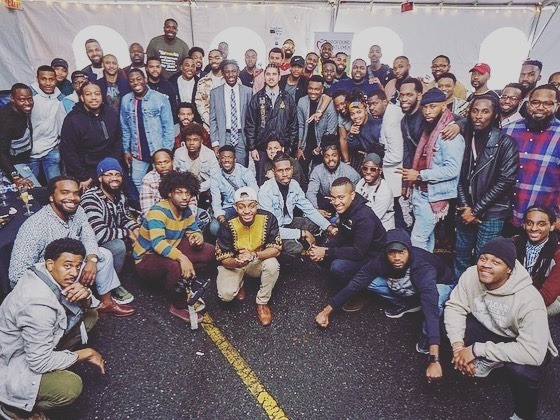
“You see examples of male educators of color being the best algebra teacher in a district and then being pushed into disciplinary roles, like dean of students,” reports Lascano. “That’s why at Profound Gentlemen we build community to keep men in classrooms and work with districts to ensure they are compensated and promoted for the work they’re doing.”
Keon N. Berry, a Forbes Under 30 scholar and social entrepreneur aspires to start his own preschool. He says, “Profound Gentlemen is about creating brave spaces to allow men of color to share their victories and their challenges. Beyond that, when more of us are present to influence the field – it becomes about reimagining education altogether.”
Growing the field, purposefully
While Terrell holds fast to the vision of increasing the number of Black men in classrooms, he doesn’t have a pitch to influence young people’s career choices.
“I talk to young Black men about their sense of purpose, about their vision for their own lives and their communities. Then, I talk about how becoming an educator can be a route for bringing their vision for their communities alive.”
Berry agrees and encourages young Black men. “Listen to the voice within telling you what your life’s purpose is. Follow your dreams, not someone else’s. Your gifts will always make room for you.”
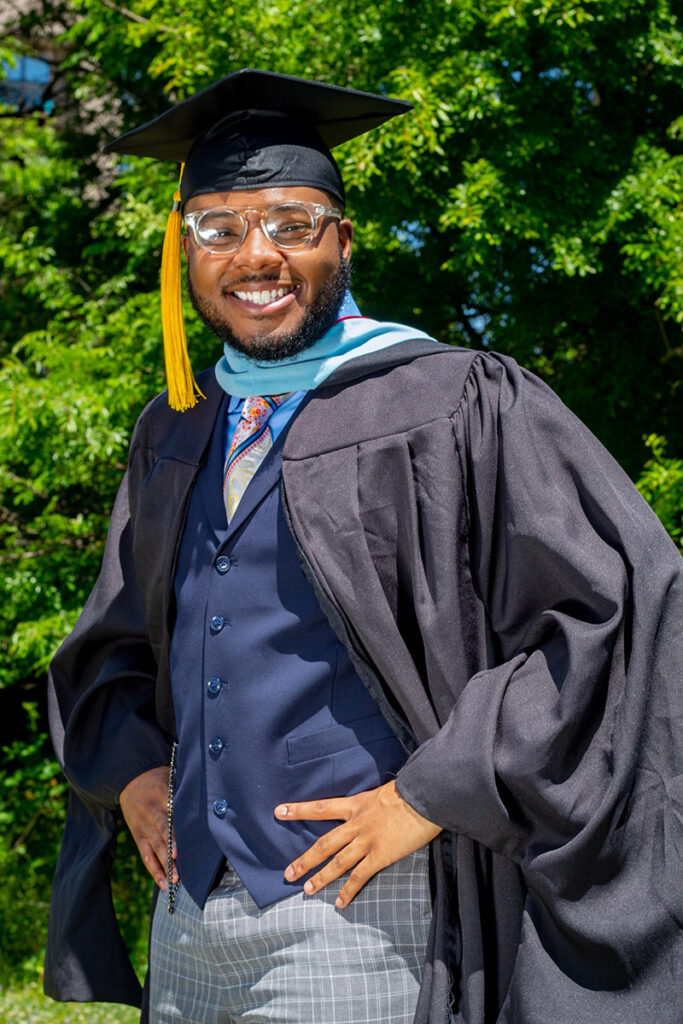

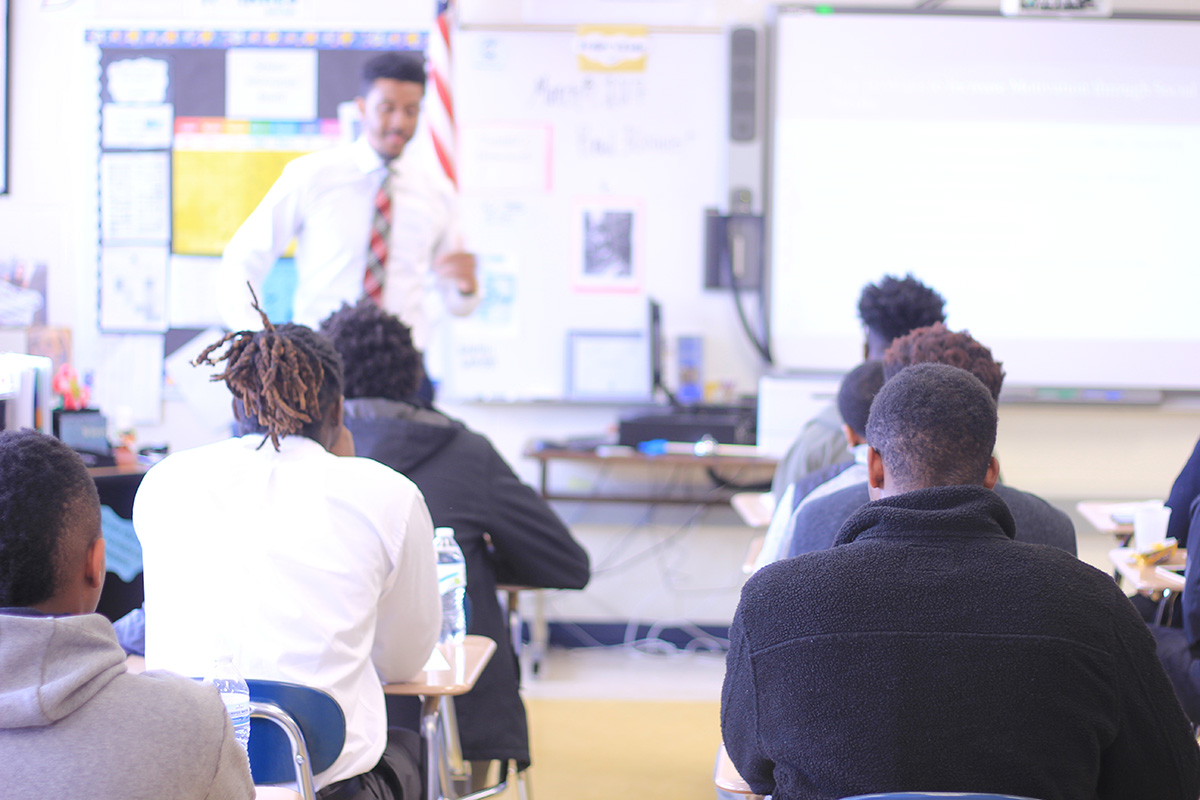

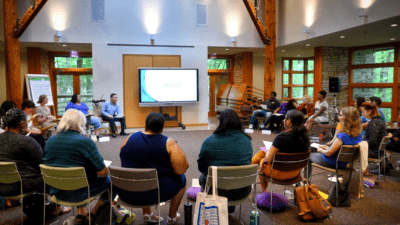


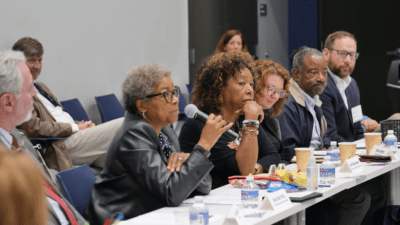

Comments